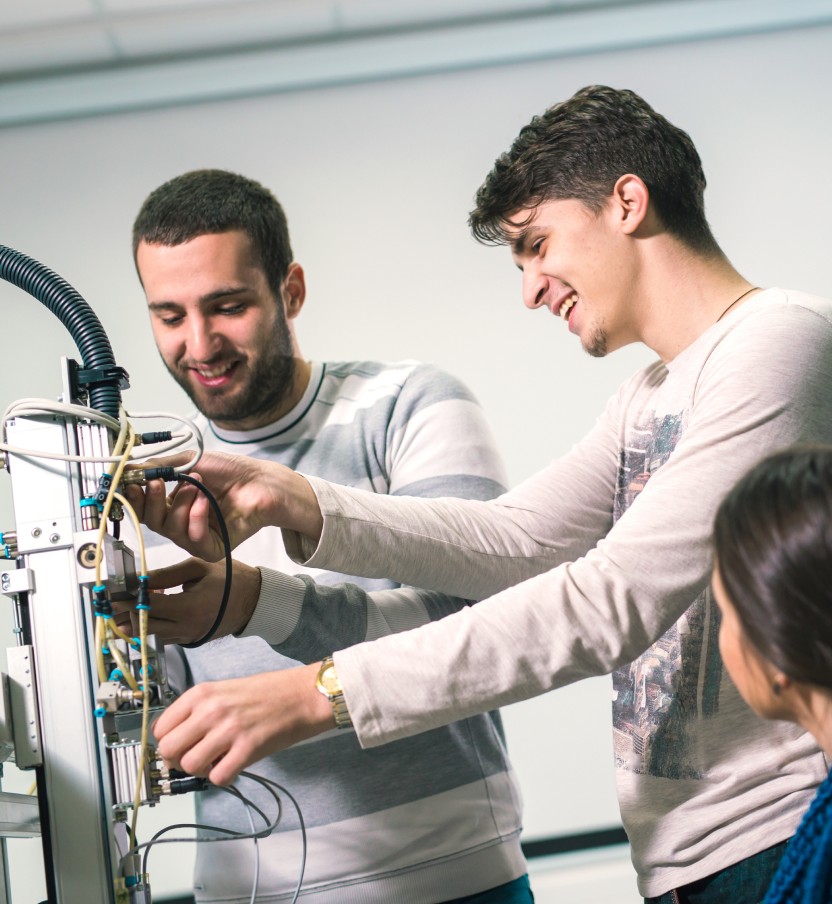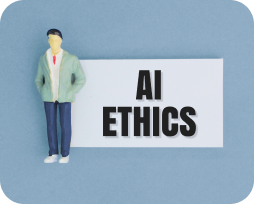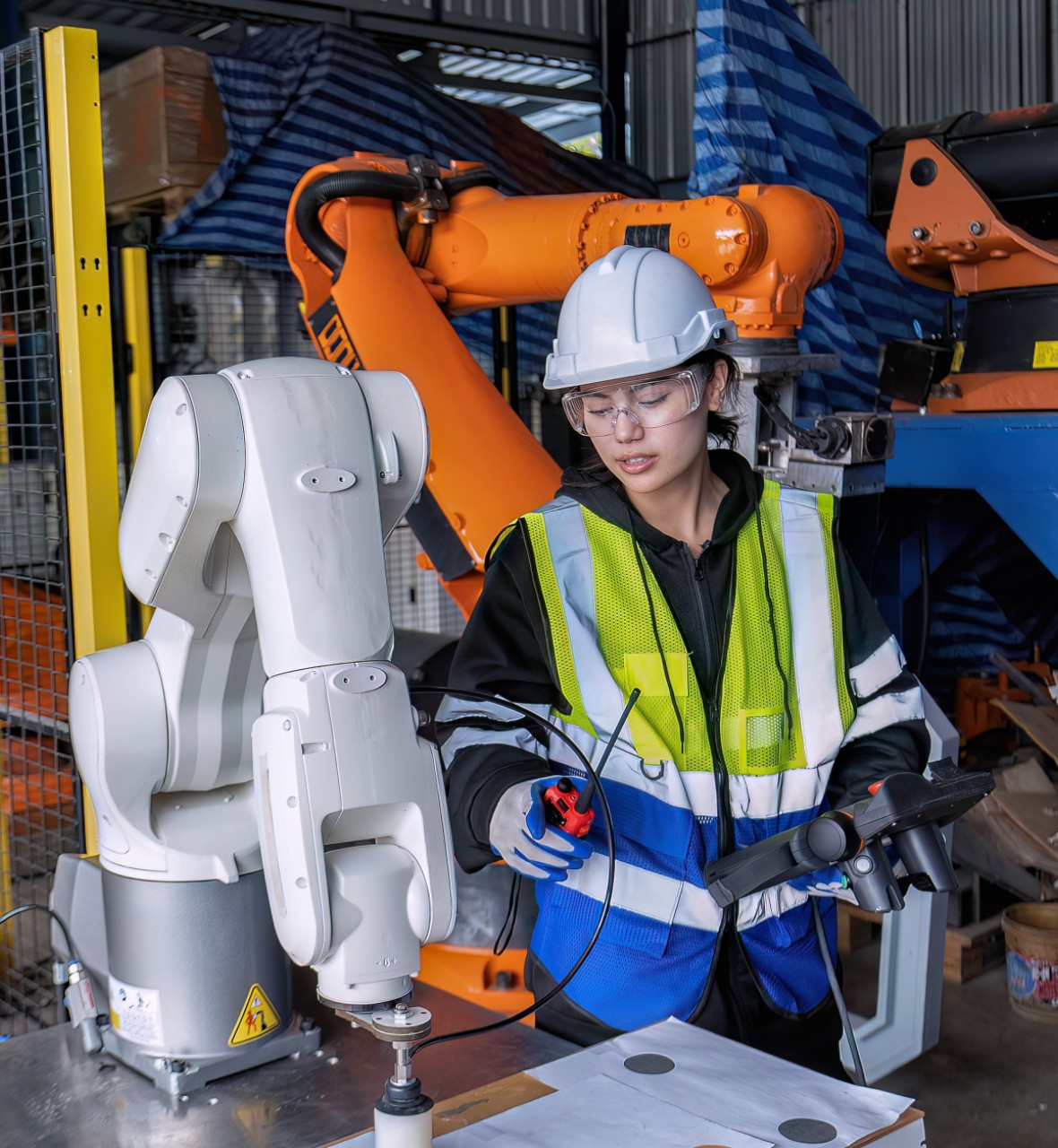





Artificial intelligence (AI) is a set of technologies that harness data, algorithms, and computing power to create systems capable of sensing, processing, and solving complex problems. In 2023, AI is a critical driver of economic development and an area of strategic importance. To ensure the responsible development of AI, the European Digital Strategy has identified the creation of "ethical, secure, and cutting-edge AI made in Europe" as a key component.
The need to handle the risks associated with AI appropriately and proportionately has gained increasing emphasis in recent years. The European Digital Strategy aims to "master and shape technology in a way that respects European values." The High-Level Expert Group on Artificial Intelligence acknowledges these risks and emphasises the importance of developing AI in an ethical and trustworthy manner. In April 2019, the group created the "Ethics Guidelines for Trustworthy AI," which identifies ethical principles and provides guidance on how to meet them.


Therefore, our project has a clear & ambitious goal - to integrate the teaching of ethical considerations related to AI into engineering faculties at higher education institutions, utilising innovative pedagogical approaches. As a result of our work, current & generations of engineering students will have the knowledge & skills to harness AI for goals which further European economic growth while not compromising our values or trust.


The project aims to target four main groups:
Undergraduate and graduate students enrolled in engineering and robotics courses need to be equipped with the ethical knowledge and skills necessary to navigate the ethical challenges posed by AI and robotics technologies. They need to learn how to critically assess the social and cultural impacts of the technologies that they design, develop, & deploy.
Many professors and lecturers in engineering faculties have varied experiences and knowledge of ethics in practice. While they may be well-versed in the technical aspects of AI and robotics, they require evidence-based approaches and proof of effectiveness before investing their time in new practices that integrate ethical considerations into their teaching.
Academics and practitioners whose interest lies in the study of education and the improvement of instructional methodologies for more effective learning and teaching. For the purposes of this project, their shared interest is the use of innovative methodologies to improve competence development within traditional academic courses.
The project is of direct relevance to national education authorities, networks of HEIs and membership associations interested in improving AI Ethics education. By involving key stakeholders in the development and implementation of the project, we aim to ensure that the results are relevant, effective, & sustainable.